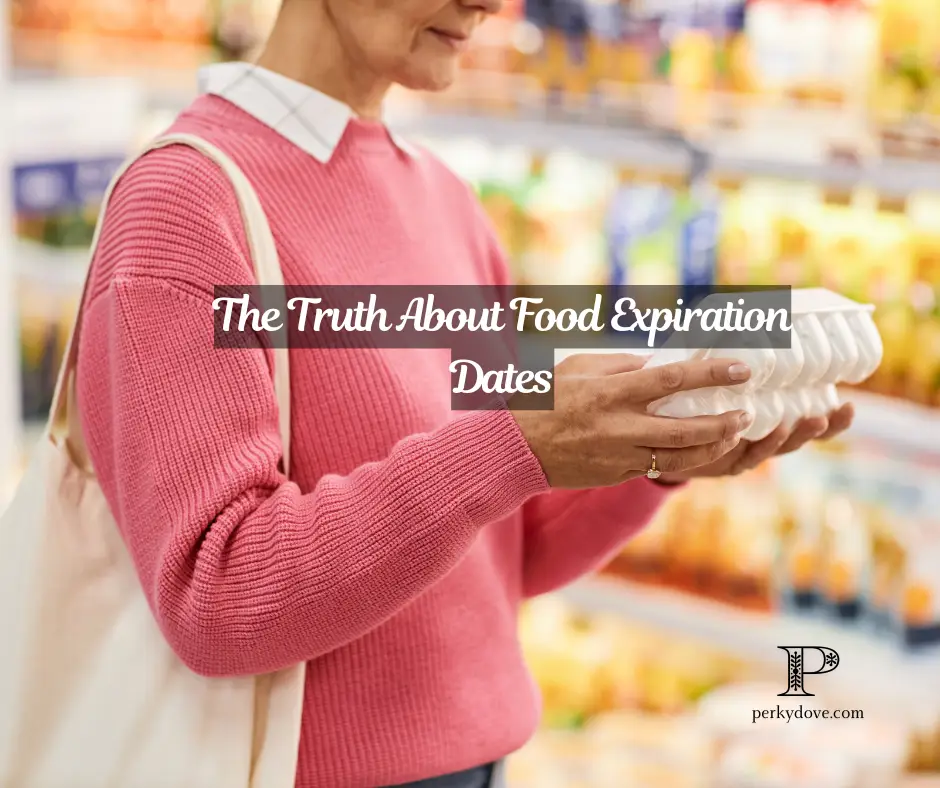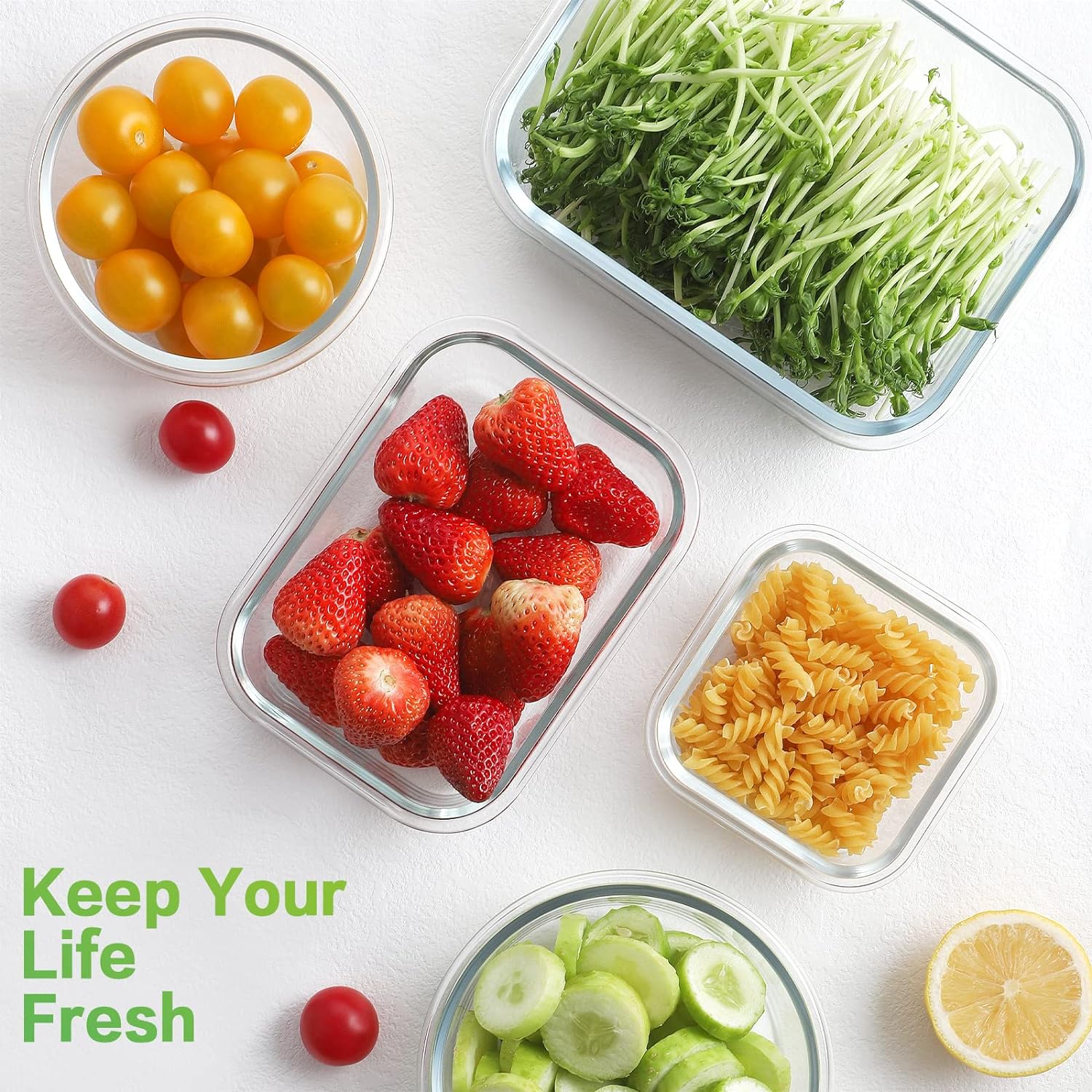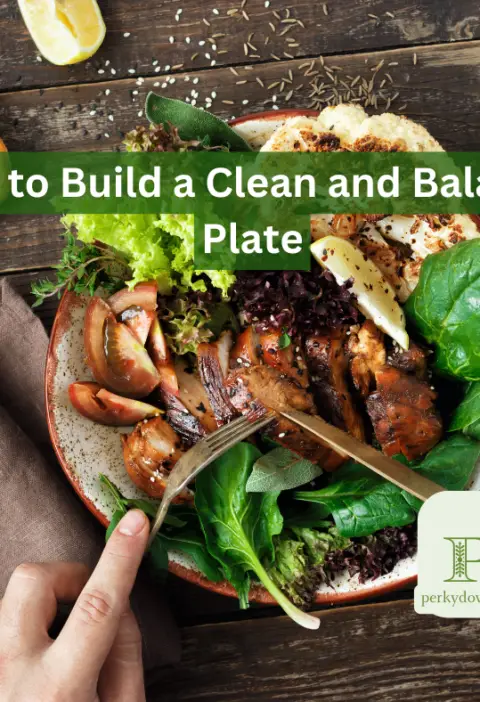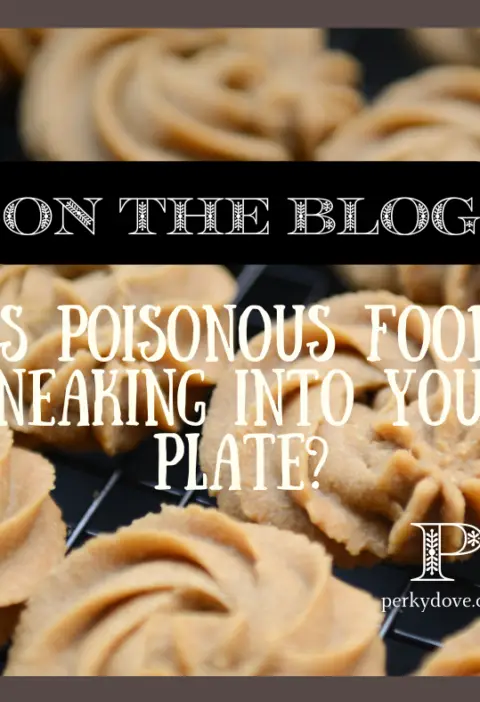Expiration dates on food packages can be confusing, leading to unnecessary food waste or potential health risks. Understanding what these dates actually mean—and how to interpret them—can help you make better decisions about what to keep and what to toss. Let’s dive deep into the truth about food expiration dates.
What Do Food Expiration Dates Really Mean?
Contrary to popular belief, most food labels are not about safety—they’re about quality. The dates you see on packages are typically set by manufacturers to indicate peak freshness rather than when a product becomes unsafe to eat. Here’s a breakdown of common terms:
-
Sell By:
- This date is for retailers. It tells them how long to display the product for sale. It’s not an indicator of safety and is often several days before the product may actually spoil.
-
Best By/Best If Used By:
- These dates refer to the manufacturer’s recommendation for the best flavor or quality. The food is still safe to consume after this date, though the texture or taste may not be as good.
-
Use By:
- This is the last date the manufacturer guarantees the product will be at peak quality. Like the “Best By” date, it’s about quality, not safety (except for infant formula, where the date is federally regulated).
-
Freeze By:
- This date suggests when to freeze the product to maintain its best quality. It doesn’t mean the food will spoil if you don’t freeze it by then.
Amazon Basics Glass Locking Lids Food Storage Containers, 14-Piece Set, 7 Count of Bases and 7 Plastic Lids, Clear, Blue
When Are Expiration Dates About Safety?
While most expiration dates focus on quality, there are exceptions where safety is a concern. These include:
- Perishable Foods: Raw meat, poultry, seafood, and dairy products can become unsafe to eat if not stored properly or consumed promptly.
- Ready-to-Eat Items: Pre-packaged salads, deli meats, and fresh-cut fruits have a shorter shelf life and can harbor bacteria like Listeria.
- Baby Formula: This is the only product regulated by the FDA for its expiration date. Consuming it past the date may result in nutritional deficiencies for infants.
- 10 Pack Dishwasher Safe Freezer Bags, BPA Free Reusable Bags Silicone, Leakproof Reusable Lunch Bag for Salad Fruit Travel - 2 Gallon 4 Sandwich 4 Snack Bags
How to Tell if Food Is Still Safe to Eat
Instead of relying solely on dates, use your senses and common sense to determine if food is still safe:
- Sight: Check for discoloration, mold, or changes in texture.
- Smell: If the product smells off, sour, or rancid, it’s best to discard it.
- Touch: Slimy or sticky textures on meat or produce are red flags.
- Taste: If the food looks and smells fine, take a small taste test (except with high-risk items like raw meat or seafood).
Foods That Are Safe Past Their Dates
Certain foods are less prone to spoilage and can often be consumed well past their expiration dates if stored properly. These include:
- Dry Goods: Rice, pasta, and flour can last months or even years if kept in airtight containers.
- Canned Goods: As long as the can isn’t damaged, rusted, or swollen, the contents are usually safe for years beyond the date.
- Frozen Foods: Freezing halts bacterial growth, so frozen items remain safe indefinitely, though quality may diminish over time.
- Hard Cheeses: If there’s mold, you can cut off at least 1 inch around the affected area and consume the rest.
COSORI Food Dehydrator for Jerky, 176°F Temperature Control, 5 Stainless Steel Trays Dryer Machine, 4 Presets, 48H Timer, for Dog Treats, Meat, Fruit, Veggies, Snacks, Recipe Book Included
Tips for Reducing Food Waste
Understanding expiration dates can help you reduce unnecessary waste while keeping your meals safe.
-
Organize Your Fridge
- Use the “first in, first out” method to keep older items at the front.
- Label leftovers with the date they were made.
-
Store Food Properly
- Use airtight containers to extend the shelf life of pantry staples.
- Freeze items you won’t use before they spoil.
-
Plan Your Meals
- Create weekly meal plans to use perishable items before they expire.
- Avoid overbuying by shopping with a list and sticking to it.
-
Get Creative with Leftovers
- Turn aging produce into soups, smoothies, or sauces.
- Use stale bread for croutons or breadcrumbs.
Understanding Food Safety Myths
Myth #1: “Expired food is always unsafe to eat.”
Truth: Expiration dates usually indicate quality, not safety. Many foods are perfectly safe to consume past their dates with proper storage.
Myth #2: “All moldy food should be thrown out.”
Truth: Some foods, like hard cheese or firm vegetables, can be salvaged by cutting off the mold. However, soft foods like bread or yogurt should be discarded entirely.
Myth #3: “Freezing extends expiration dates.”
Truth: Freezing halts bacterial growth, making food safe indefinitely, but it doesn’t preserve quality forever. Use frozen items within 6–12 months for best results.
Final Thoughts
Expiration dates don’t have to be a source of stress or confusion. By understanding what these labels mean and learning to trust your senses, you can reduce waste, save money, and keep your family safe.









